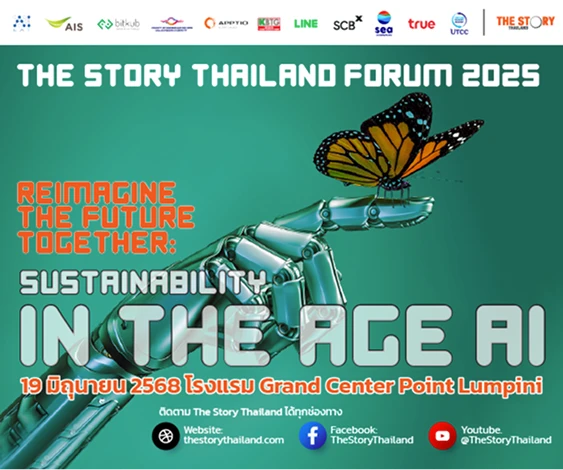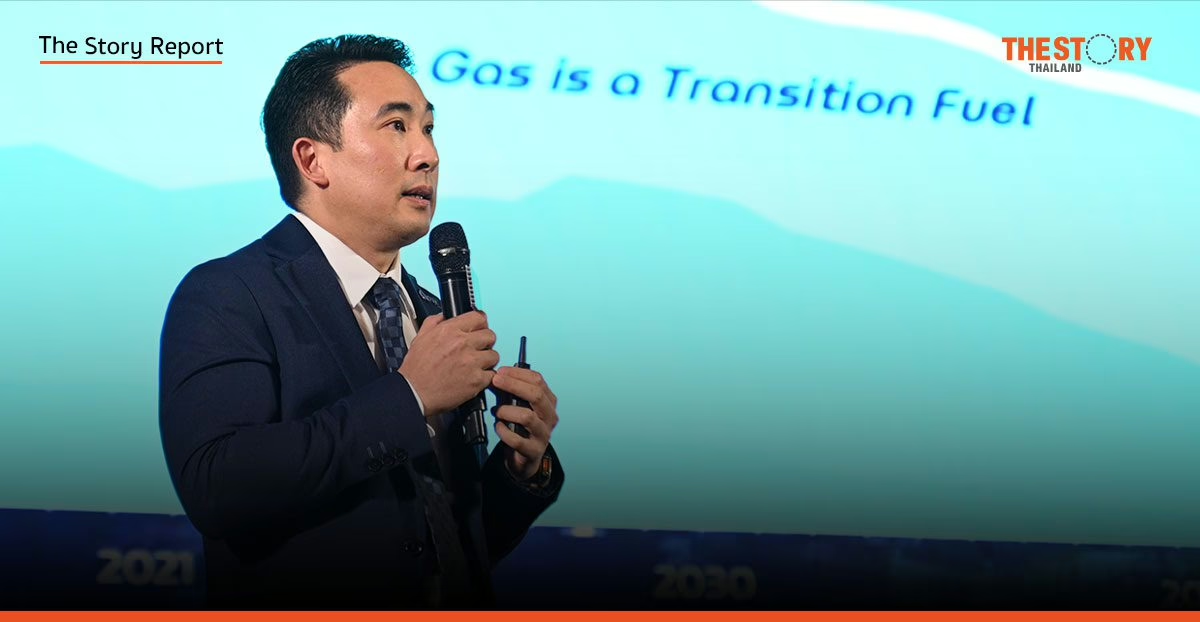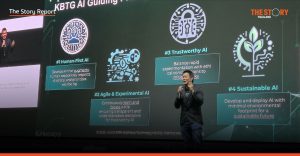As nations grapple with the monumental challenge of the global energy transition, Thailand’s state-owned energy giant, PTT Public Company Limited, is laying out a pragmatic and technology-driven strategy to navigate the critical “energy trilemma”— balancing national energy security, affordability, and sustainability.
In a recent address, Dr.Chaya Chandavasu, PTT’s Senior Executive Vice President, Corporate Strategy, outlined the stark realities facing Thailand and the world. He cautioned that a fossil fuel-dependent global economy cannot be overhauled overnight, positioning natural gas as a crucial “transitional fuel” while championing major investments in Carbon Capture, Utilization, and Storage (CCUS) and Artificial Intelligence (AI) as key enablers of the company’s decarbonization roadmap.
“The world’s journey to Net Zero is likely to be delayed,” Dr.Chaya warned, suggesting that current trajectories point toward a global temperature increase of 2.5 to 3 degrees Celsius, potentially pushing the climate past a “point of no return.” This sobering assessment sets the stage for PTT’s strategy, which acknowledges the continued necessity of fossil fuels while aggressively seeking to mitigate their environmental impact.
A Nation on the Climate Frontline
While Thailand accounts for less than 1% of global carbon emissions, it is disproportionately vulnerable to the effects of climate change. “If we do nothing, it’s projected that half of Bangkok could be submerged by 2060-2070 due to rising sea levels,” Dr.Chaya stated, bringing the global crisis into sharp local focus.
The nation has committed to achieving Carbon Neutrality by 2050 and Net Zero emissions by 2065. However, PTT’s analysis reveals complexities unique to Thailand’s energy landscape. A wholesale shift to electric vehicles (EVs), for instance, would offer limited net benefits at present.
“Driving an EV in Thailand today doesn’t significantly reduce overall emissions; it merely shifts them from the tailpipe to the power plant, as our grid is not yet green enough,” he explained.
Thailand’s future energy mix is set for a dramatic transformation, with a target of nearly 50% renewables by 2050. Yet, this ambition is tempered by reality. With domestic natural gas reserves dwindling, the country’s reliance on imported Liquefied Natural Gas (LNG) is set to increase, posing challenges for both energy security and cost.
A Two-Pronged Technological Bet: CCUS and AI
Given the continued reliance on natural gas, PTT is making a significant bet on technology to “green” its fossil fuel operations.
The centerpiece of this strategy is CCUS. PTT is planning a large-scale CCUS hub in Thailand’s eastern industrial corridor with a target capacity of 10 million tons per year by 2031. A pilot project is already set to launch next year at an offshore gas field in the Gulf of Thailand, where CO2 will be separated at the source and reinjected back into the geological formation.
The second pillar is the aggressive integration of Artificial Intelligence. Dr.Chaya revealed that over the past six years, AI implementation across PTT’s value chain—from exploration and production optimization to advanced logistics in its coffee roasting facilities—has already captured over THB 30 billion in value. “AI is not just a concept for us; it’s a proven tool that delivers tangible efficiency gains,” he noted. “What took 30 years to optimize manually can now be improved significantly with machine learning.”
Charting the Course Ahead
Dr.Chaya concluded by outlining three critical success factors for Thailand’s energy transition:
- Energy Security: Ensuring a sufficient and affordable energy supply remains the top priority.
- Essential Infrastructure: The country must urgently invest in new infrastructure like CCUS, as reforestation alone cannot offset industrial emissions.
- Collaboration and Technology: Securing international cooperation is vital for accessing global climate funds, while developing a skilled, tech-savvy workforce is essential for leveraging innovations like AI to elevate the entire industrial sector.
Ultimately, PTT’s strategy is a calculated balancing act—a roadmap that acknowledges the enduring role of hydrocarbons while simultaneously investing in the technologies required to build a sustainable energy future in an uncertain world.
AIS, Central, and JAL launch major E-Waste campaign in Thailand
Gartner forecasts worldwide AI spending will total $1.5 trillion in 2025












